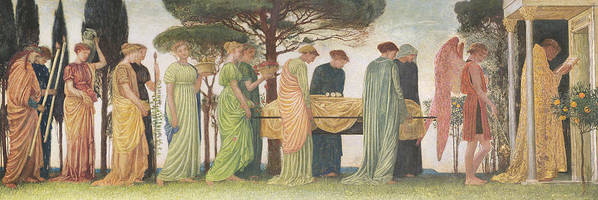
Decluttering after Loved One’s Death- A Practical and Emotional Guide- Losing a loved one is never easy, and handling their estate can feel overwhelming. Beyond probate's legal and financial aspects, families must also address the personal belongings left behind. Every item holds memories, and deciding what to keep, donate, or discard can be emotionally challenging.
While decluttering is necessary, it does not have to be overwhelming. With patience, organization and legal guidance, families can navigate this process in a way that honors their loved one’s legacy, while ensuring a smooth estate administration.
Before decluttering, spend time learning how probate affects the distribution of assets. Probate is the legal process that ensures debts are paid, and assets are distributed according to a will or state laws if no will exists.
Many families are urged to begin sorting through belongings immediately after a loved one passes. However, specific legal steps must be followed first. The executor of the estate—or administrator if there is no will—must:
Some belongings, such as jointly owned property or accounts with named beneficiaries, may not be subject to probate. Consulting with a probate attorney ensures that assets are handled correctly and that families do not unknowingly dispose of legally protected items.
List all significant belongings and sentimental items, especially those with financial or legal significance. This includes:
An inventory helps prevent disputes among family members and ensures that valuable or sentimental items are accounted for before decisions are made.
After creating an inventory, begin sorting belongings into categories. While every family’s process will be different, a structured approach can make decluttering more manageable:
Open discussion can prevent conflicts if multiple family members want the same item. Some families choose to rotate selections, allowing each person to select keepsakes.
Some belongings may hold significant financial value. Consider having them appraised before selling or donating items such as artwork, antiques, or real estate. A probate attorney can also help determine whether certain assets require special handling under the law.
Decluttering after a loved one’s death can trigger unexpected emotions. Items like handwritten letters, old clothing, or favorite books carry deep sentimental value, making it challenging to decide what to part with. It’s essential to recognize that grief affects decision-making, and taking breaks or seeking support when needed is okay.
Inheritance disputes are one of the most common challenges during estate administration. Even if a will is clear, emotional attachments can complicate decisions. To avoid conflict:
Clear communication and legal guidance ensure that the process remains fair, respectful and free of unnecessary conflict.
While decluttering is a personal, family-driven process, some situations require legal intervention. It may be time to consult a probate attorney if:
A probate attorney ensures that all legal obligations are met, while helping families move forward without unnecessary delays or disputes.
Schedule your phone consultation: THE LAW OFFICES OF CLAUDE S. SMITH, III
Decluttering after Loved One’s Death: A Practical and Emotional Guide
References: Joseph Stern, M.D. (April 18, 2023) “Grief Cleaning: How to Separate Memories from Things While Decluttering” and Empathy “It’s the little things: Dealing with keepsakes”
Legal problems are extremely stressful, especially when your family, your health, or your freedom are at stake. At this point in time, you may not even be sure what kinds of questions you need to ask a lawyer, but that’s entirely normal. Whether your situation involves family law, estate planning, elder law, a criminal charge, or a personal injury, we will start by giving you all the information you need.
The way we see it, you deserve to get this information directly from an expert. That’s why we make it easy for you to get in touch with your lawyer, and we never ask you to sit down with a paralegal or assistant instead.
As our relationship continues, we will keep you updated about the status of your case every step of the way. Your lawyer will reach out regularly to tell you about any new developments, and he will also be happy to answer any questions you have throughout the process.
